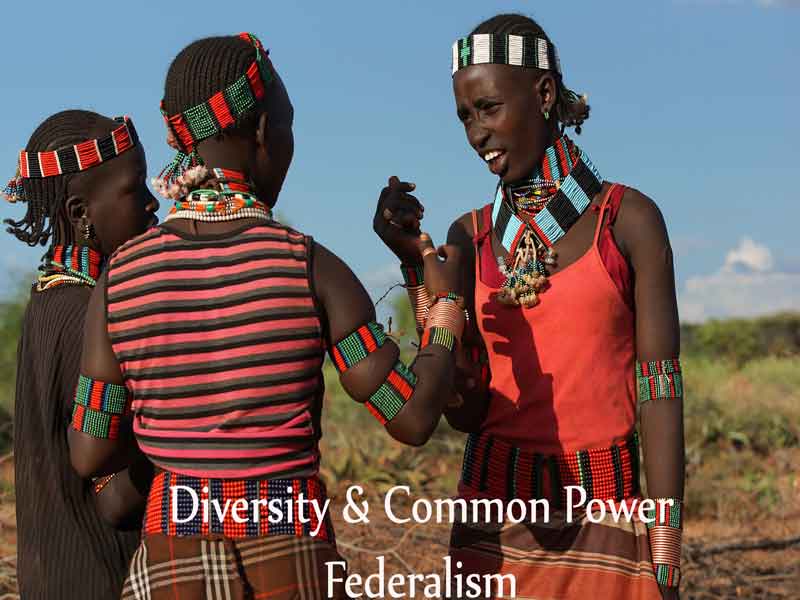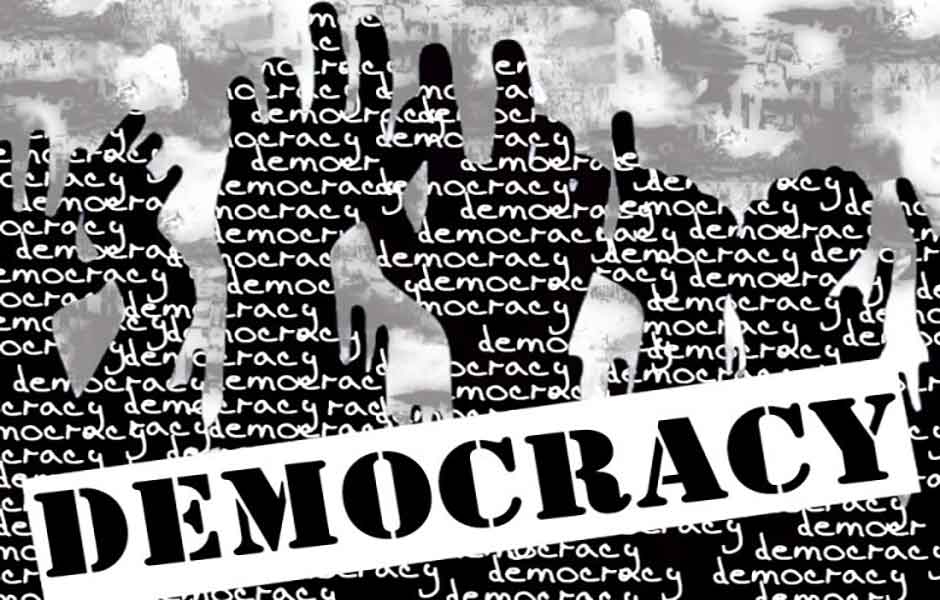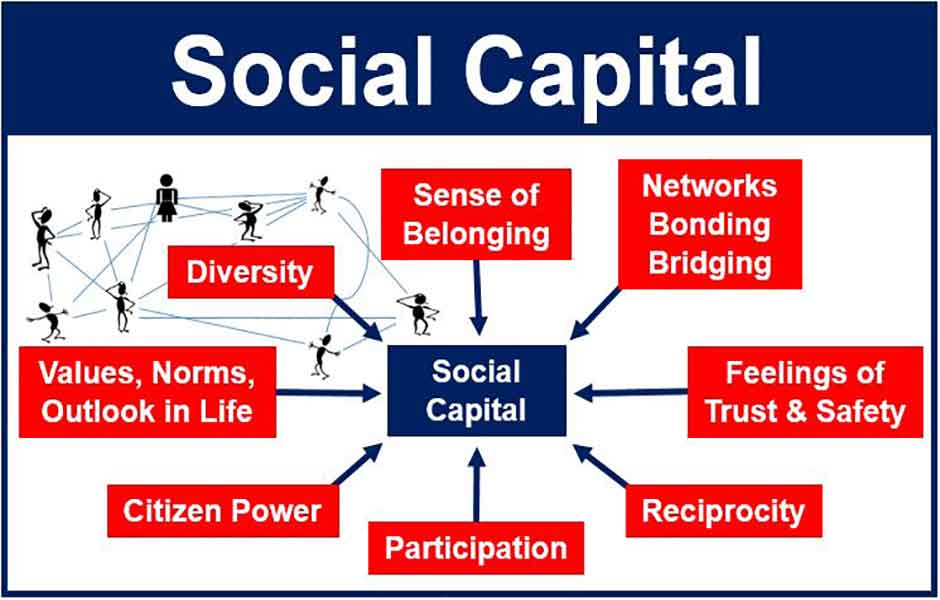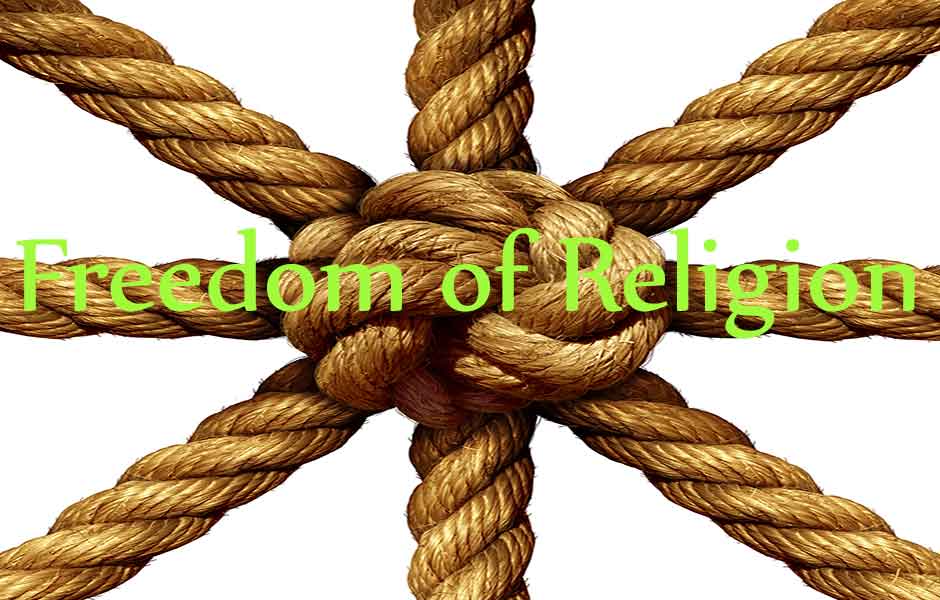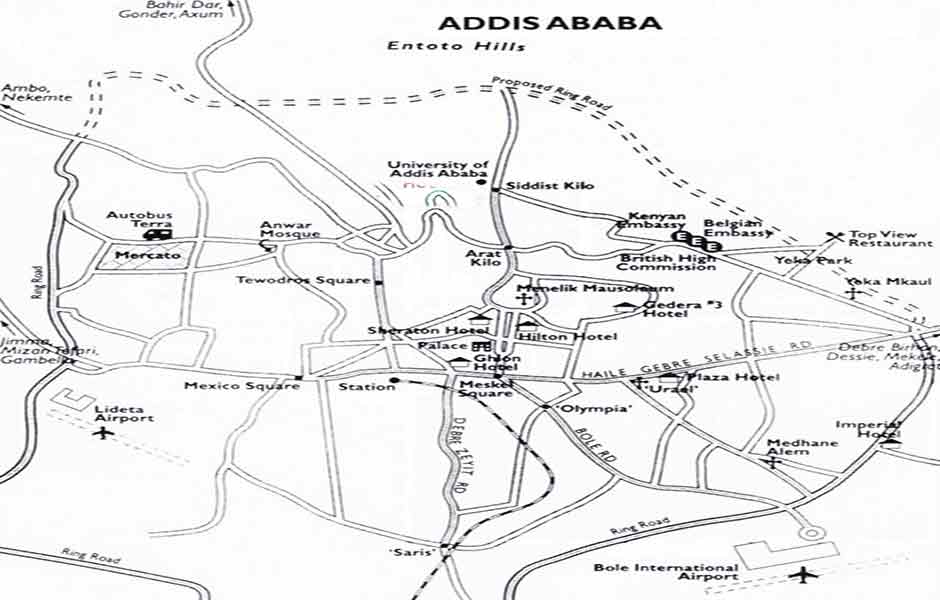Project Description
The Ethiopian government has been blamed for being anti-democratic, corrupt and working to the repress the rights of the people to assemble, the right to justice and equal economic opportunity. The government has been blamed for acts of torture and arbitrary detention, denying citizen’s freedom of expression and association, freedom of assembly, the coalition acting like dictators and a judicial system which is heavily controlled by the ruling coalition.
The push to use the social movement alternative to fighting for change in Ethiopia stems from the fact that all other diplomatic and democratic channels have failed since the current government arrests and tortures any person who challenges it. The audience should accept the social movement solution as there is a likelihood of winning due to the increased number of people who are not happy with how the country is being run. As the social strain theory suggests, many Ethiopians want to work hard and achieve their dreams, and there are no means to do so, and thus many of them will be willing to join the movement. There is also a political vulnerability in the ruling party as many of its parties including the Oromo Peoples’ Democratic Organization, the Amhara National Democratic Movement (ANDM), the Southern Ethiopian People’s Democratic Movement (SEPDM) are breaking away and leaving the minority Tigray region (TPLF) to run it. The main argument supports the use of value-oriented social movement because it would meet the objection of removing the repressive government through a non-violent movement (Wolford, 2010).

